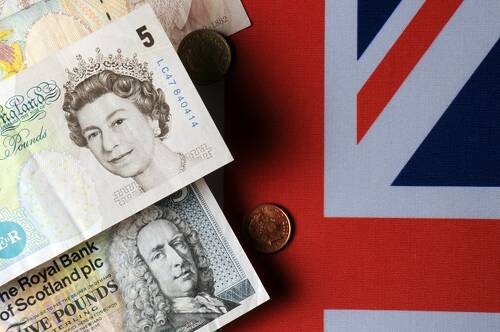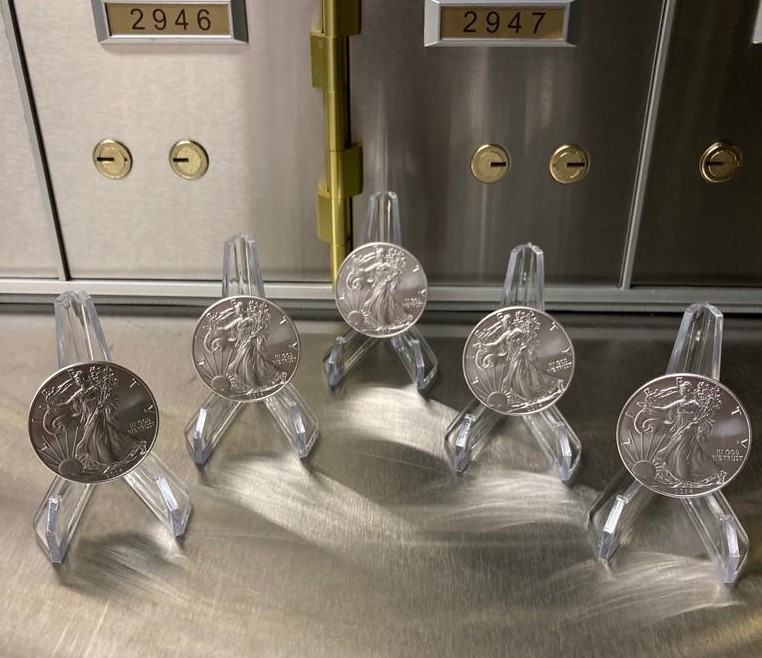
UK Inflation & BOE Rate Decision
Many economists, central bankers and consumers alike have growing concerns over the current inflationary environment in the UK and indeed across the Eurozone. These concerns certainly aren’t unfounded as inflation continues to rise at a pace not seen in decades and the debate heats up over whether or not this current rate of inflation is merely a transitory phenomenon. As the rate of inflation continues to grow so to does the speculation around whether central bankers have the wherewithal to get inflation under control. If it does remain high for the coming years, it will ultimately be to the detriment of the consumer. Central bankers are expected to act before a runaway level of inflation can hurt the consumer even more. If not, we run the risk of this higher cost of living slowly becoming “normalized” and ingrained in the mindset of the consumer.
Earlier this year the rate of inflation in Britain soared faster than expected to a 30-year high which further intensified a squeeze on living standards, putting pressure on the Bank of England to raise interest rates again. Latest figures from the Office of National Statistics (ONS) showed that inflation rose by 5.4% in December 2021. The increase has been attributed to rise in food, non-alcoholic drinks, fashion, fuel and energy costs, which is putting pressure on household finances. As inflation rates increase so does the cost of living, meaning the value of currency decreases.
As we recall, the Bank of England became the first major central bank to raise rates since the beginning of the pandemic in December, hiking its main interest rate to 0.25% from its historic low of 0.1%. Earlier today, Thursday, the bank decided to raise rates further to 0.5%. Governor Andrew Bailey stressed that the cost-of-living crisis would be worse without rate hikes. It is the first time the Bank has increased interest rates at two successive meetings since 2004. However, the decision was far from being unanimous, as officials were split 5-4 on the decision with some calling for an even bigger increase to avoid the risk of the current spiral of price rises becoming “more firmly embedded”. The Bank’s monetary policy committee (MPC) was split on the size of the interest rate increase, with four of its nine members wanting a 50-basis points hike, which would have taken rates to 0.75%. Although the markets had broadly expected this 25-basis point rate hike, they did not expect the four votes in favour of a 0.5% rate rise. This was a hawkish twist which was not expected. The bank also signaled the beginning of the end for its quantitative easing programme. The BOE announced that it would stop buying new bonds after their existing holdings mature. Despite this action from the BOE, they warned that inflation will soon top 7%, which would be the highest rate since the recession-ravaged early 1990’s and far from its 2% target.
Overall, the news seemed to already be priced-in to the markets. Gold’s price did shed a few dollars per ounce as the news broke but continued to hold above $1,800. The pound strengthened following the decision, climbing above $1.360. However, its gain was short-lived as Bailey warned investors that it would be a “mistake to assume BOE rates are on the inevitable long march up”. The BOE’s stance is in contrast with the European Central Bank as the ECB keeps policy unchanged despite record-high inflation in the Eurozone. The central bank’s benchmark refinancing rate remained unchanged at 0%. Christine Lagarde continues to stick with a more transitory view on inflation. However, when asked during Thursday’s press conference, Lagarde wouldn’t repeat her previous statement that rate hikes in 2022 are unlikely which has investors betting that persistently high inflation will eventually force the European Central Bank to raise interest rates similar to the Bank of England. Some might interpret this as Lagarde opening the door to a change in rate guidance in March which might validate market expectations for future rate increases from the ECB later in the year.
Overall, both Bailey and Lagarde appear to be uncertain about how persistent these high rates of inflation will prove to be and that there is a unanimous concern about inflation with further economic uncertainty on the horizon. Both are however certainly in agreement that the inflation outlook remains “tilted to the upside” and that inflation is to remain elevated for longer than expected.
As we know by investing in gold investors can shelter themselves and their purchasing power from inflation and times of global economic uncertainty. If you are interested in investing in precious metals, please call us (01) 254 7901 or email us on info@merriongold.ie. Merrion Gold offers investors the opportunity of investing in precious metals at highly competitive prices. Clients of Merrion Gold have the option of investing in Gold, Silver, Platinum and Palladium. Whether you are an experienced investor or interested in making your first investment in precious metals Merrion Gold would be glad to help.
